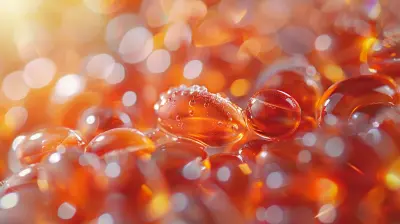Cholesterol and Fats: Understanding the Good and the Bad
17 June 2025
Think cholesterol and fats are public enemies number one and two when it comes to heart health? You’re not alone, but the truth is more layered than that. For decades, we’ve lumped all fats and cholesterol into one big "bad" category. But the reality? Some fats are essential, and not all cholesterol is evil. In fact, your body needs both to survive and thrive. Shocking, right?
So, let’s roll up our sleeves and untangle the myths, facts, and fascinating truths about fats and cholesterol — the good, the bad, and the misunderstood.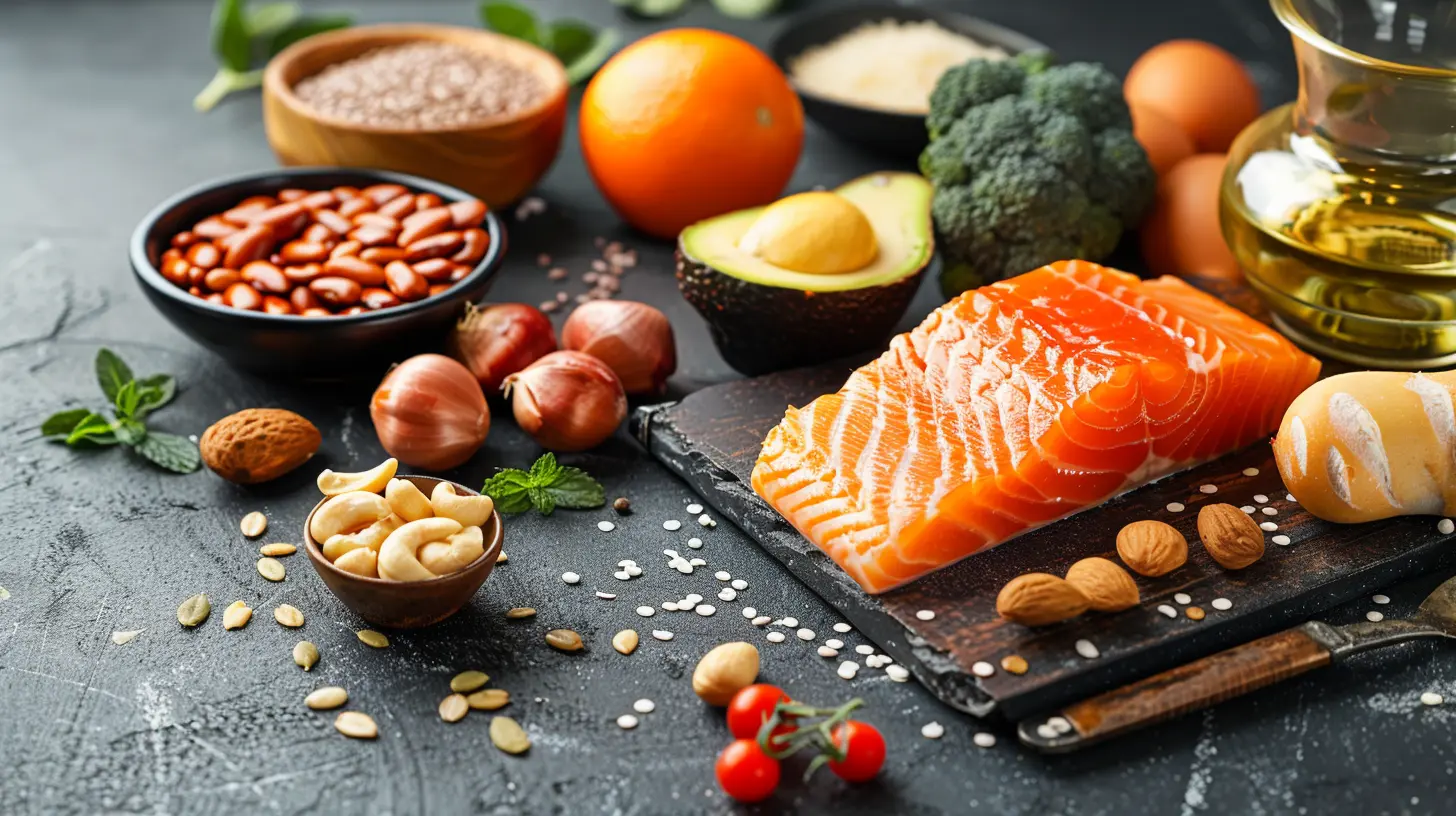
What Is Cholesterol, Really?
Let’s start at the beginning. Cholesterol often gets a bad rap, but it’s not some foreign invader attacking your heart. It’s actually a waxy, fat-like substance that your body naturally makes.Why Do We Even Need Cholesterol?
You might be surprised to hear this, but cholesterol is essential for:- Building cell membranes
- Producing hormones like estrogen and testosterone
- Making vitamin D
- Creating bile acids that help digest fats
Without it, our bodies would be a mess. So, the goal isn’t to eliminate cholesterol — it's to keep it in balance.
But here’s where it gets tricky — there are different types of cholesterol, and that’s where the story takes a sharp turn.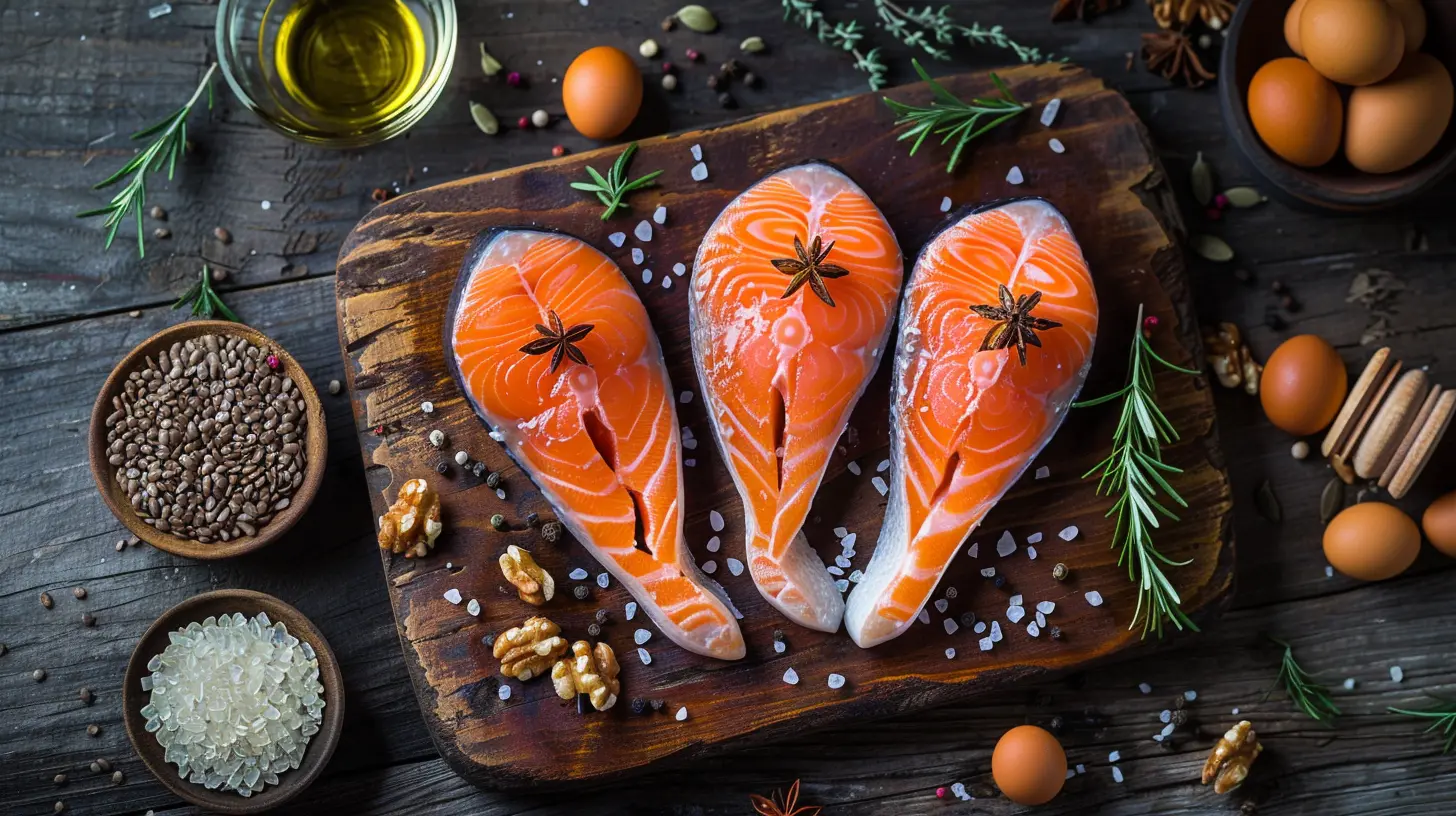
The Good vs. The Bad: Types of Cholesterol
You’ve probably heard these acronyms tossed around: HDL and LDL. But what do they really mean?LDL: The "Bad" Cholesterol
LDL stands for low-density lipoprotein, and this guy has earned its "bad" rep for a reason. High levels of LDL can lead to plaque buildup in your arteries, a condition called atherosclerosis. This narrows the arteries, makes them less flexible, and increases the risk of heart attacks and strokes. Think of it like traffic congestion in your bloodstream — not ideal.HDL: The "Good" Cholesterol
HDL, or high-density lipoprotein, is more like your body’s cleanup crew. It helps remove excess cholesterol from your bloodstream and carries it back to your liver, where it’s broken down and flushed out. Higher HDL levels are linked with lower heart disease risk — now that’s the kind of friend you want around.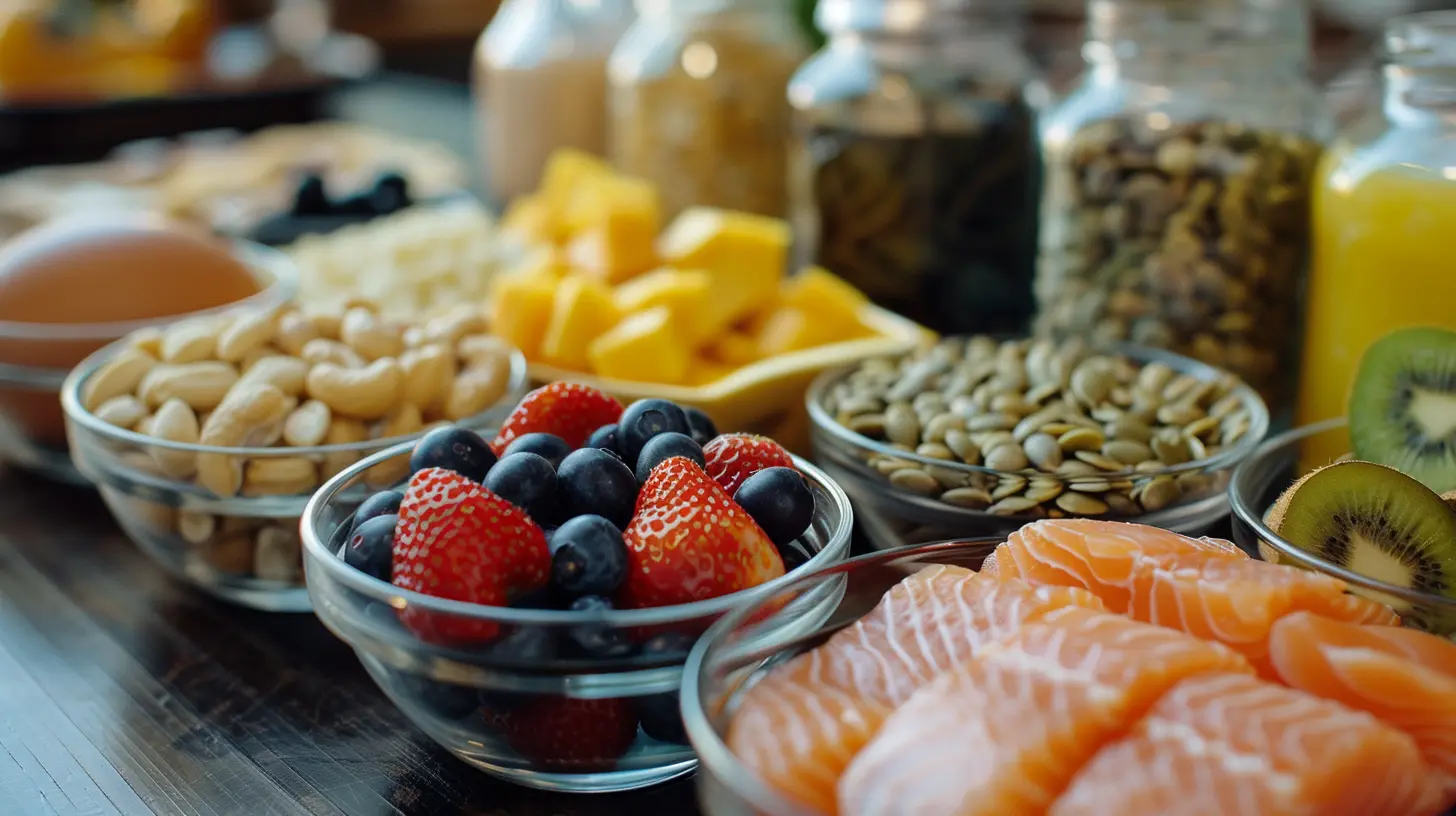
Wait, Do You Get Cholesterol from Food?
Short answer: Yes. But dietary cholesterol — the kind found in foods like eggs and shrimp — doesn’t raise your blood cholesterol levels as much as we once thought.Here’s the twist: Saturated and trans fats in your diet have a much bigger impact on raising LDL cholesterol levels than the cholesterol you eat. That’s why understanding the role of fats is just as important.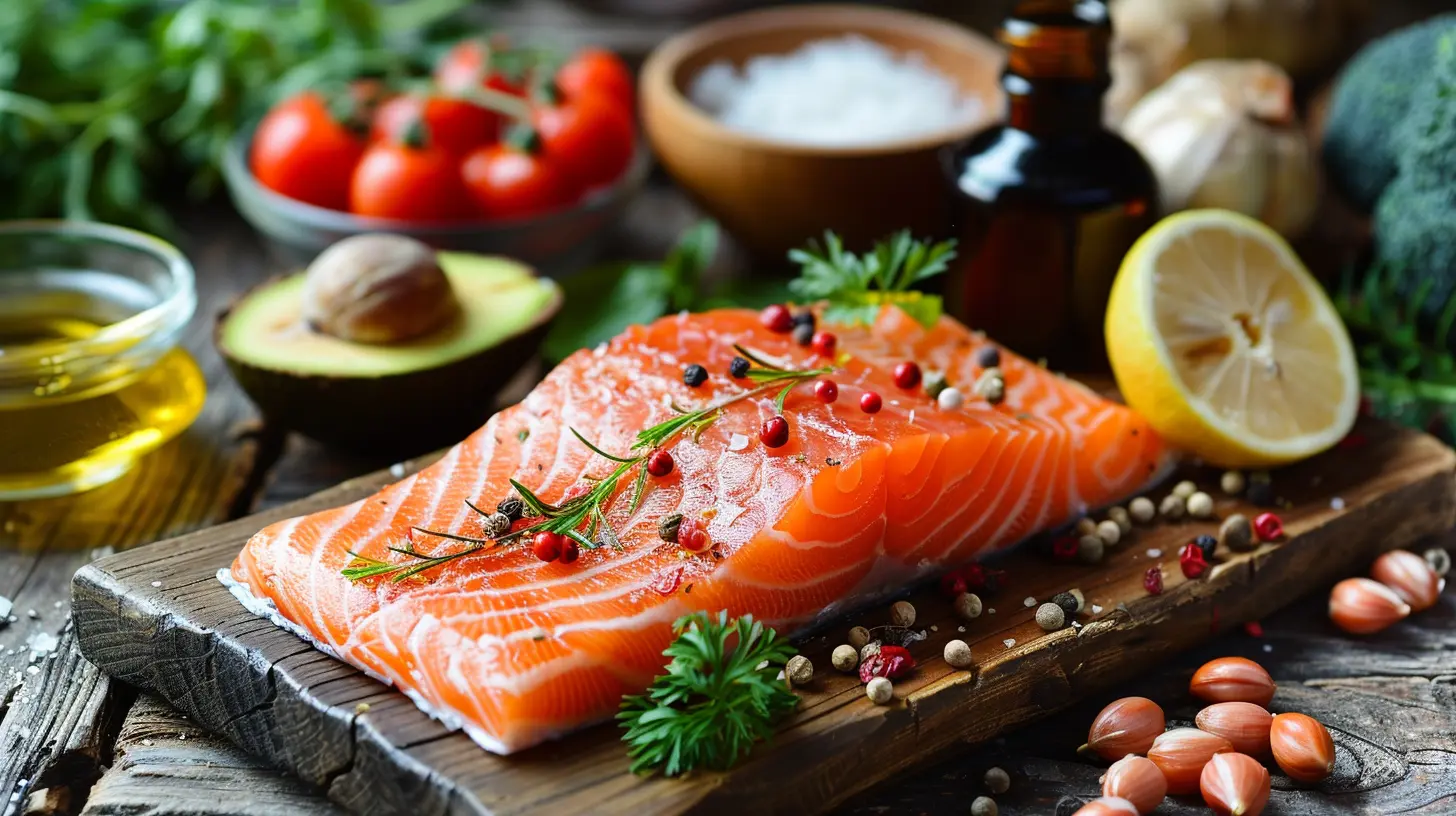
The Fat Family: Not All Fats Are Created Equal
You’ve got fats walking into this scene with shady reputations, but let’s not jump to conclusions. Fats are like relatives at a family reunion — some are awesome, some are complicated, and some are downright toxic.1. Saturated Fats – The Frenemy
These fats are typically solid at room temperature. You’ll find them in:- Fatty cuts of meat
- Butter
- Cheese
- Coconut oil
- Processed foods
Too much saturated fat can raise LDL cholesterol. But recent research suggests that not all saturated fats are equal — and a little might not be the villain we once thought. Still, moderation is key.
2. Trans Fats – The True Villain
If fats were characters in a movie, trans fats would be the villain twirling a mustache. These are artificially created fats found in:- Partially hydrogenated oils
- Many processed snacks
- Margarine (the old-school kind)
- Fried fast foods
Trans fats don’t just raise LDL — they lower HDL, the good cholesterol. Basically, they do double damage.
The FDA has banned trans fats in many foods, but it’s still wise to read labels. If you see "partially hydrogenated oil," run the other way.
3. Unsaturated Fats – The Heroes of the Story
Unsaturated fats come in two main types:- Monounsaturated fats
- Polyunsaturated fats
You’ll find them in:
- Olive oil
- Avocados
- Nuts and seeds
- Fatty fish (like salmon)
- Sunflower and flaxseed oils
These fats can help lower LDL and raise HDL. They’re the MVPs when it comes to heart health.
Omega-3s: The Golden Child of Fats
Let’s highlight omega-3 fatty acids for a second. They’re a type of polyunsaturated fat absolutely adored by doctors and nutritionists for their:- Anti-inflammatory benefits
- Ability to reduce triglycerides
- Potential to protect against heart disease
- Brain-boosting effects
You can get omega-3s from:
- Fatty fish like salmon, mackerel, and sardines
- Chia seeds
- Flaxseeds
- Walnuts
Not a fish fan? Omega-3 supplements are available, but always chat with your doctor first.
Cholesterol and Fats in Everyday Foods
Let’s break this down in a way that’s more practical. Knowing what to eat and what to dodge is half the battle.Foods That Boost the Good and Keep the Bad in Check
- Oats – Rich in soluble fiber, which helps lower LDL- Avocados – Packed with monounsaturated fats and fiber
- Nuts – Almonds, walnuts, and pistachios are great choices
- Olive oil – A heart-friendly oil for cooking or drizzling
- Fatty fish – Salmon and sardines are omega-3 powerhouses
- Fruits and veggies – Full of antioxidants and fiber
Foods to Limit or Avoid
- Processed meats – Sausages, bacon, and deli meats are high in saturated fats- Fried foods – Often loaded with trans fats
- Baked goods – Commercial pastries can hide harmful fats
- Fast food – High in both trans and saturated fats
Busting Some Myths About Fats and Cholesterol
Let’s clear up a few popular misconceptions that might be messing with your health game.Myth 1: All Fats Are Bad
Totally false. Your body needs fats for energy, hormone production, and absorbing vitamins like A, D, E, and K. The key is choosing the right kinds.Myth 2: Avoid All Cholesterol in Food
Nope. Eggs, for example, are high in cholesterol but also packed with nutrients. For most people, moderate dietary cholesterol doesn’t have a huge impact on blood cholesterol.Myth 3: Skinny People Don’t Have to Worry About Cholesterol
Wrong again. Even people who are fit or slim can have high LDL cholesterol. It’s not just about body size — genetics and lifestyle play massive roles.Genetics and Cholesterol: What You Can’t Control
Here’s a curveball: Some people do everything right — eat clean, exercise, avoid smoking — and still have high cholesterol. Why?Genetics. There’s a condition called familial hypercholesterolemia (FH), where your body can’t remove LDL properly. It’s inherited and can lead to high cholesterol levels even at a young age.
If you’ve got a family history of heart disease or high cholesterol, regular check-ups are essential. Sometimes, lifestyle changes aren’t enough, and medication may be needed.
What You Can Do Today to Keep Cholesterol in Check
Ready to take control? Here are some simple, powerful steps you can take starting now:1. Swap unhealthy fats with healthy ones – Cook with olive oil instead of butter.
2. Eat more fiber – Think oats, fruits, beans, and veggies.
3. Move your body – Aim for at least 30 minutes a day.
4. Quit smoking – It lowers HDL and damages your arteries.
5. Limit sugar and refined carbs – These can boost triglycerides and bad cholesterol.
6. Get regular checkups – Knowledge is power, especially with cholesterol.
Final Thoughts: Balance Is Everything
Cholesterol and fats don’t have to be feared, but they do need to be respected. They’re a part of your dietary landscape — it’s up to you to navigate them wisely.So, next time someone labels cholesterol or fats as “bad,” you’ll be the one dropping knowledge bombs. It’s not about cutting them out; it’s about inviting the right guests to your plate and showing the others the door.
Your heart? It’ll thank you later.
all images in this post were generated using AI tools
Category:
Healthy FatsAuthor:

Sophia Wyatt
Discussion
rate this article
2 comments
Sofia Brooks
Ah, cholesterol—the misunderstood love child of butter and broccoli! It turns out not all fats are villains in this health soap opera. So, let’s embrace our good fats and gently nudge the bad ones towards the exit. Remember, moderation is key—unless we're talking about dessert, of course!
June 21, 2025 at 4:05 AM

Sophia Wyatt
Thank you for the fun analogy! You're absolutely right—understanding the balance of good and bad fats is crucial to heart health. Moderation is indeed key—especially when it comes to dessert!
Zorion Young
Great insights! Excited to learn more about cholesterol's complex role.
June 20, 2025 at 4:04 AM

Sophia Wyatt
Thank you! I'm glad you found it insightful. Stay tuned for more information on cholesterol's role!


